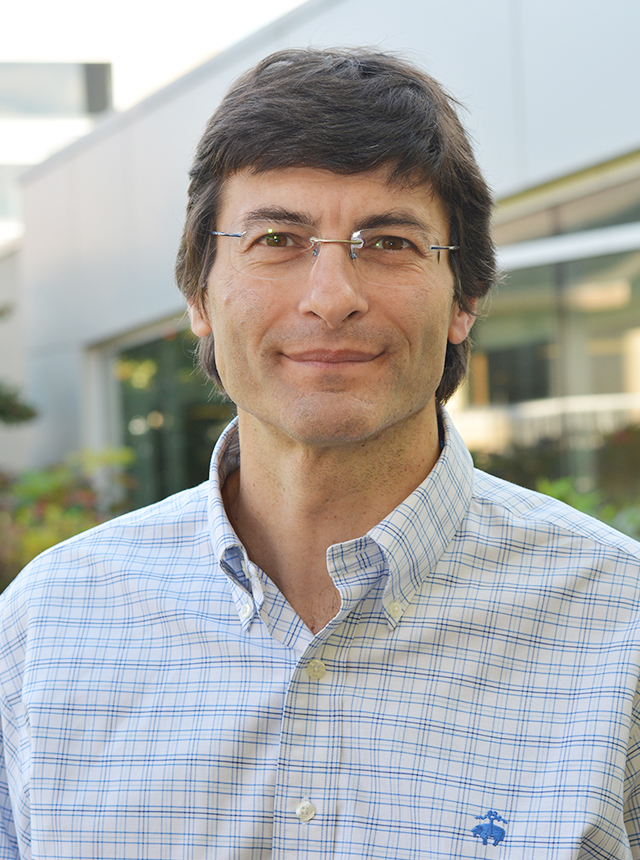PHILADELPHIA (December 2, 2021) – As new and pressing lung health challenges emerge due to factors such as the COVID-19 pandemic, climate change, and youth e-cigarette use, researchers continue to be at the forefront of scientific breakthroughs. In Philadelphia, two distinguished scientists from Fox Chase Cancer Center are being awarded research grants to help study how lung cancer impacts people’s lives.
The American Lung Association announced that it increased its research funding to award $12.6 million for more than 100 research grants. The funded projects address a wide range of lung health topics, including COVID-19 in children, the public health impacts of e-cigarette policy and lung cancer in never smokers. The following local researchers from Fox Chase Cancer Center have received a 2021-2022 American Lung Association total research investment of $200,000:

Alfonso Bellacosa, MD, PhD, a professor in the Cancer Signaling and Epigenetics program and a member of the Cancer Epigenetics Institute at Fox Chase, received a $100,000 Lung Cancer Discovery Award to fund research for his project, “Improving Response Rates of Immunotherapy for Lung Cancer.”
“This award will fund my continuing research into the intersection of epigenetics and immunotherapy, a class of biological therapies that optimizes the tools of the body’s immune system to fight cancer more effectively. This is a great honor and help to our research program,” Bellacosa said.
Johnathan Whetstine, PhD, director of the Cancer Epigenetics Institute and program leader of the Cancer Signaling and Epigenetics Program at Fox Chase, received a $100,000 Lung Cancer Discovery Award to fund his research project, “Enzyme Could Help Predict Effectiveness of Lung Cancer Chemotherapy.”
“It’s a great honor to receive this award from the American Lung Association, which will help fund the cutting-edge research that we conduct at the Cancer Epigenetics Institute, which facilitates academic-to-industry and academic-to-academic partnerships with the goal of promoting discovery in cancer epigenetics. Our goal is to reduce the morbidity and mortality associated with cancer by focusing on biomarker research and therapeutic interventions,” Whetstine said.

“These researchers are part of an elite team that join the Lung Association’s mission to save lives by improving lung health and preventing lung disease. Nearly 37 million Americans live with lung disease, and as we face new challenges with the COVID-19 pandemic, lung health research is more important than ever,” said Caroline Hutchinson, executive director of Pennsylvania at the Lung Association. “We are proud to have these researchers on our team to help us realize our vision of a world free of lung disease.”
Research projects funded by the Lung Association are carefully selected through a rigorous peer review committee and represent the investigation of a wide range of complex issues to help reduce the burden of lung disease. Awards are given in eight different grant types: ALA/AAAAI Allergic Respiratory Diseases Award, ALA/ATS/CHEST Foundation Respiratory Health Equity Research Award, Catalyst Award, COVID-19 Respiratory Virus Research Award, Dalsemer Award, Innovation Award, Lung Cancer Discovery Award, and Public Policy Research Award.
In total, $12.6 million was awarded for more than 100 grants, including seven new COVID-19 research grants. Meet the full Lung Association research team, including current awardees and their full abstracts at Lung.org/research-team.